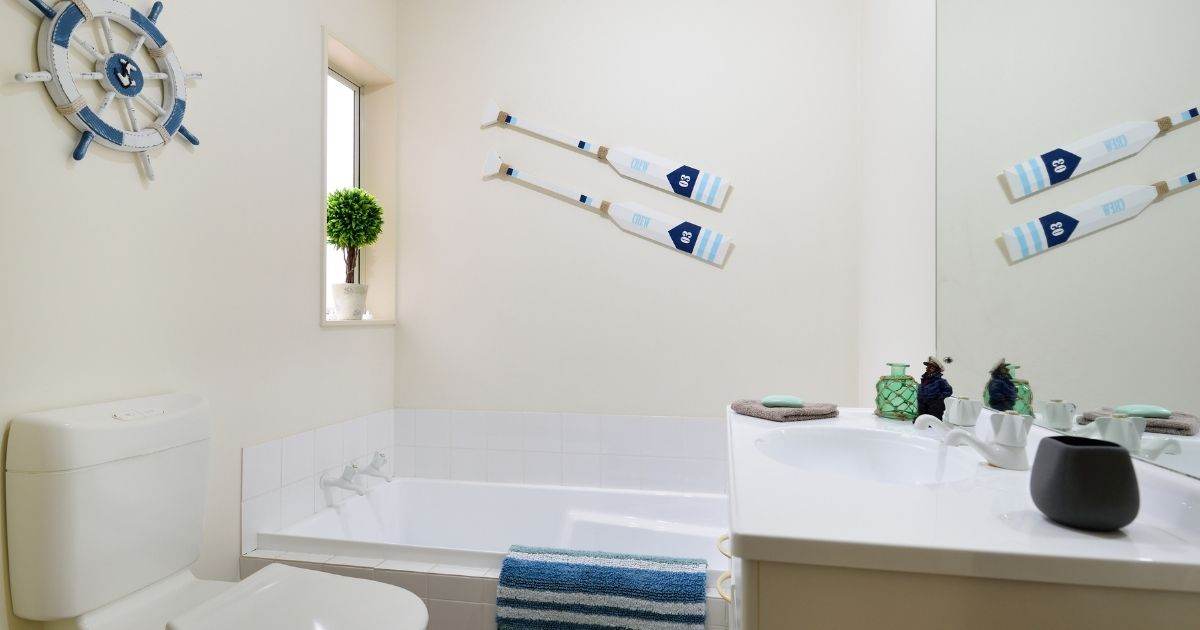Whether your previous water heater has broken down or you're just looking for an upgrade, buying the right water heater can drastically improve your home's comfort. When buying a new water heater, look for these essential features—don't just buy the first one you see! This quick guide will help you shop smart.
Type of Heater
What type of water heater do you have now? Is it adequate for your home's needs?
Many homes have conventional water heaters with a reservoir to hold heated water until you need it. If you use a great deal of hot water in your house, consider replacing your old heater with a new one of a similar type. However, if you're not using that much hot water and want to reduce your energy bills, consider whether a smaller, tankless water heater could be right for you.
Heater Size
While you may believe that bigger is always better, that's not necessarily the case with home water heaters. Buying an oversized unit is a common mistake homeowners make when purchasing new heaters; a system that's too large can place excess strain on your plumbing. Talk to your plumber about what size water heater will serve your home most efficiently.
Energy Efficiency
Speaking of efficient service, look for a water heater that will conserve energy when you're not using it! As you shop online or in person, seek out heating systems with an ENERGY STAR rating. That certification means that the heater is more efficient and requires less energy—it can save you hundreds of dollars a year on your utility bills!
Fuel Type
What fuel do you want to heat the water in your system? You have a few options at your disposal:
- Natural gas heaters are some of the most popular systems in the U.S. They use a burner to ignite the fuel and a chimney to funnel waste products safely out of your home.
- Electric heaters are an excellent option for those who don't need to heat large volumes of water. They're less expensive up front and don't require venting.
- Fuel oil heaters work similarly to gas heaters and are common in areas where natural gas isn't available.
- Solar-powered heaters use panels on your rooftop to harvest energy from the sun to heat your water.
Depending on the fuel sources available, one type of water heater may be more feasible for you than another. Consult with a plumbing professional to discuss which fuel type will heat your home's water most efficiently.
If you're in the market to buy a new water heater, consider these elements as you shop. Choose a heater that's sized appropriately for your home and look for one that will conserve as much energy as possible while keeping your home comfortable.
 About the Publisher
About the Publisher
Bo Kauffmann is a residential real estate agent with over 18 yrs experience in helping buyers and sellers achieve their goals. Inducted into the REMAX Hall of Fame in 2010 and receiving the REMAX Lifetime Achievement Award in 2019, Bo has sold over 500 houses and condos in the Greater Winnipeg market. He is an accredited buyer representative (A.B.R.) and a Luxury Home Marketing Specialist.
Bo provides exceptional service to First-Time Home-Buyers, Seniors looking to downsize and Home Sellers of all ages.
He can be reached easily By E-Mail or call/text him Call/Text Here
Never miss an episode of our real estate podcast. Install our FREE Podcast App available on iOS and Android. For your Apple Devices, click here to install our iOS App. For your Android Devices, click here to install our Android App. Check my videos on Youtube





Integrity
Thank you for sharing such a helpful guide!
Another benefit of a tankless water heater is that it is less susceptible to water leaks since it has no tank that holds water. A tankless water heater could only cause about as much damage as a leaky faucet, so you don’t have to worry about a catastrophe.